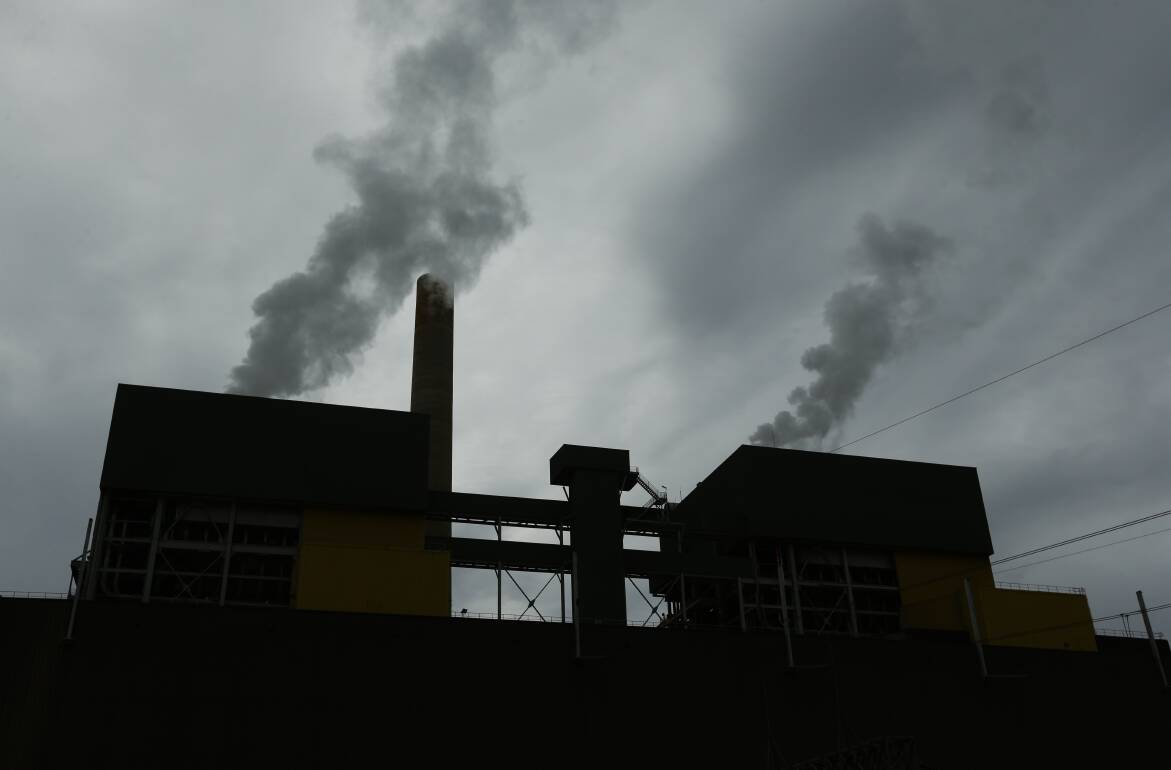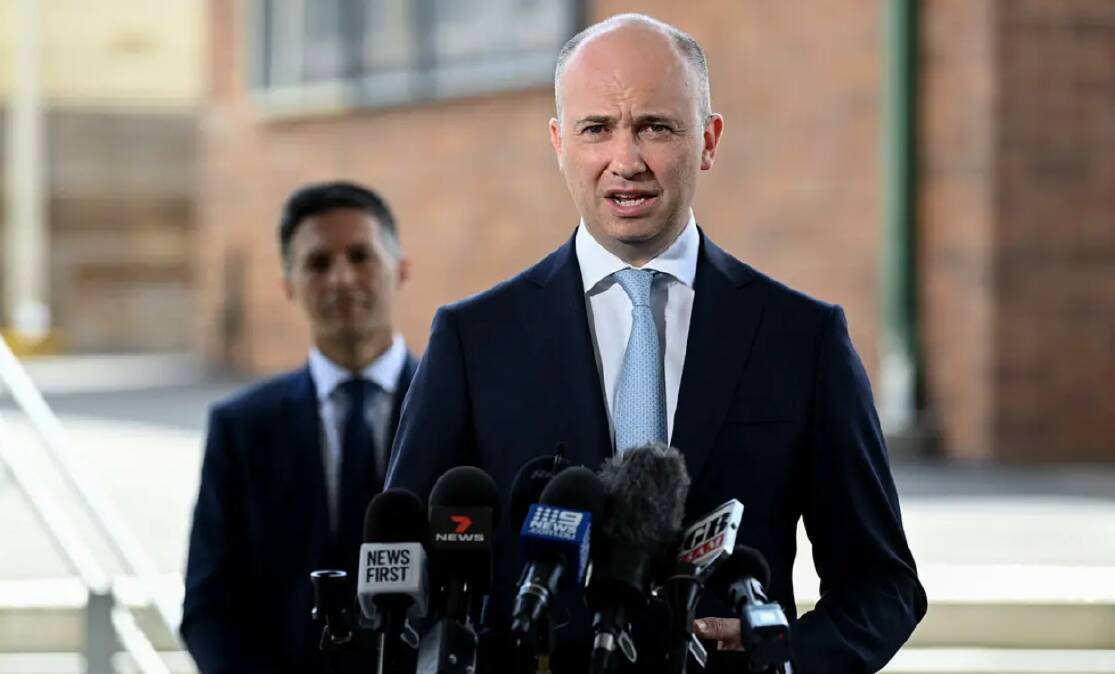
IT was February this year that Origin Energy announced it was bringing forward the closure of its Eraring coal-fired power station by seven years to August 2025.
At the time, Origin CEO Frank Calabria said there was little choice but to plan for the closure, given "the economics of coal-fired power stations are being put under increasing, unsustainable pressure by cleaner and lower-cost generation, including solar, wind and batteries".
The Eraring pledge brought cheers from environmentalists, and NSW Energy Minister Matt Kean - who was selling the public on the merits of big new batteries to balance a renewably powered grid - said the state would meet its energy security target without Eraring, and be more reliable in 2025 than it was today.
So what has changed in nine months to dampen the optimism?
The standard excuse is that the Ukraine war has sent energy costs skyrocketing, and that the supposed unreliability of coal is the thing standing in the way of a cheaper future under solar and wind.
But while the Ukraine war has undoubtedly been a factor, Newcastle Herald readers know that shortages of coal were sending prices to unprecedented heights well before President Putin announced his invasion.
The simple truth is that too many people in positions of power - including many energy industry figures - have vastly under-estimated the technical difficulty of building a reliable round-the-clock power grid from power sources that are inherently periodic (the sun) and intermittent (wind).
The sad thing is that this should have been apparent long before now.
The Herald supports the quest for cheaper energy, but we have repeatedly pointed out the technical challenges, especially on the storage side of the renewables equation.
The energy shortfall is evident through the most rudimentary of calculations, yet somehow it is only now that the Australian Energy Market Operator and others are raising their concerns.
A transition such as this will always be step-by-step.
Piecemeal even.
But closing Eraring and other coal-fired stations without having sufficient replacement capacity is the energy equivalent of selling the house, putting your possessions in storage, and having nowhere to move to.
Or of meeting emissions targets by shutting down the country, if we can't keep the grid going.

ISSUE: 39,762
WHAT DO YOU THINK? We've made it a whole lot easier for you to have your say. Our new comment platform requires only one log-in to access articles and to join the discussion on the Newcastle Herald website. Find out how to register so you can enjoy civil, friendly and engaging discussions. Sign up for a subscription here.







